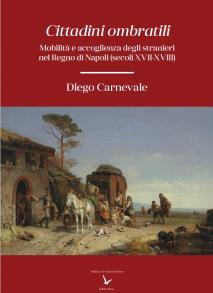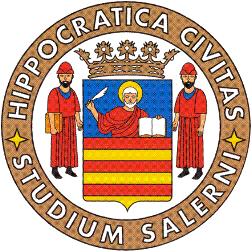Shady citizens : mobility and hospitality of foreigners in the Kingdom of Naples (17th-18th centuries)
Keywords:
Mobility, Hospitality, Kingdom of Naples, Travel, PassportSynopsis

Publisher: FedOA - Federico II University Press
Series: Clio. Essays in History, Archaeology and Art History
Pages: 273
Language: Italian
NBN: http://nbn.depositolegale.it/resolver.pl?nbn=urn:nbn:it:unina-30125
Abstract: What did it mean to be a foreigner in modern Europe, before the establishment of the rule of law, the principle of equality, and international law? This book attempts to answer this question from a specific context, the Kingdom of Naples, focusing on the mobility issues. Early modern societies were far from immobile, many people moved, even for long distances, driven by multiple needs but above all by the need to work. In an attempt to channel and control migratory flows, the authorities imposed rules and procedures, forcing travellers to carry specific documents and undergo controls along the roads and in places where they took lodgings. Those who broke the rules were charged with vagrancy, a very serious crime that led to immediate arrest and severe sentences. The book delves into the way in which Neapolitan institutions (central and peripheral, secular and ecclesiastical) categorised people on the move, showing how not being a native of the kingdom was only one of the elements taken into consideration, alongside others such as religious faith, spoken language and social status. A nuanced picture emerges, in which foreigners - but also inhabitants of the Kingdom - exploited the grey areas of the legislation to circumvent it or used it to protect themselves from the excessive arbitrariness of those in charge of controls.
Downloads














